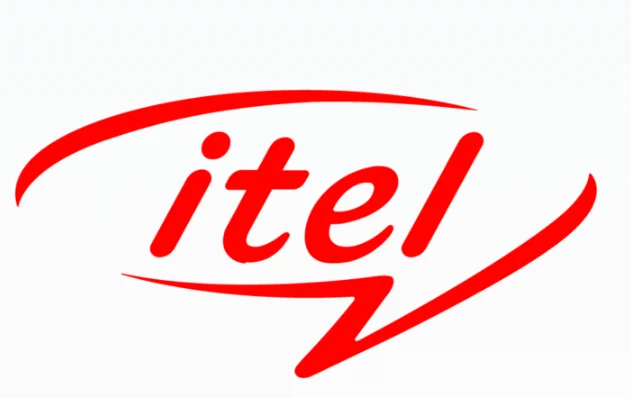With tighter funding cycles, startups and established businesses alike are seeking tools to enhance fiscal discipline, creating demand for solutions like Flex Finance’s spend management software. Flex Finance, led by CEO Yemi Olulana, offers a suite of tools that allow finance departments to streamline vendor payments, manage spending limits, and reduce losses tied to manual processes. The company aims to address Africa’s vast business spending market, estimated at $1.5 trillion annually by micro-retailers alone, with potential to reach $4.2 trillion by 2030.
Flex Finance’s software targets more formalized businesses, enabling finance departments to pre-approve expenses and track transactions via web and mobile platforms. The company charges a 0.1% fee on transactions under ₦200 million ($252,000), with larger transactions subject to customized fees. Its services also include virtual and physical corporate cards with pre-approved limits, helping clients better manage expenditures and avoid unexpected costs.
While consumer-focused fintechs have dominated Africa’s digital payments space, investor interest is shifting toward B2B solutions that enhance operational efficiency for larger firms. Flex Finance stands out in this landscape by prioritizing cost-saving features, appealing to a customer base that includes companies like Ntel, the National Open University of Nigeria, and Sporting Lagos.
However, Flex Finance has no immediate plans to serve Nigeria’s micro-businesses, as the costs of reaching these largely informal businesses are high. Instead, the company is focused on expanding within Nigeria before potentially branching out to other African markets, where the need for spend management solutions remains largely untapped. With a global business spend management market valued at $19 billion in 2022, Flex Finance has substantial room to grow.
Publicly available data shows that Flex Finance has raised at least $800,000 from investors like Accion Venture Lab and LoftyInc Capital. While its founder, Olulana, is not currently focused on additional funding, Flex’s potential to scale across Africa could attract future investment as it seeks to capture the continent’s business spending opportunity.
Comparing Flex Finance to fitness app Strava’s success, the company hopes to offer the same level of actionable insight and visibility, helping finance teams identify and negotiate better vendor rates. Without a social layer like Strava, Flex Finance relies on word-of-mouth referrals from finance professionals to expand its reach. The next question remains whether this approach will be enough for Flex Finance to carve out a dominant position in Africa’s business spend management sector.












